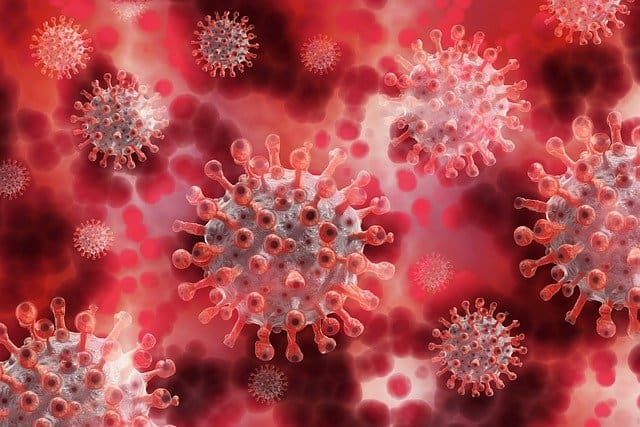A scientific study published on September 24 in the scientific journal The Lancet outlines five key measures to reopen a society after having imposed total or partial confinements, highlights the control measures that must have been put in place before confining and highlights the problems in the de-escalation process.
‘The Lancet’ highlights the importance of control measures before deconfining CORONAVIRUS INVESTIGATION
Public health expert Helena Legido-Quigley, of the London School of Hygiene and Tropical Medicine, has led a study based on the experience of five countries and regions of Asia (Hong Kong, Japan, New Zealand and South Korea) and four from Europe (Germany, Norway, Spain and the United Kingdom).
The authors identify the need to design “a transparent decision-making process ” that identifies the levels or phases on which the de-escalation will take place and details the criteria that will allow progress to a new stage.
They also consider that governments must establish reliable systems to determine the spread of the virus and warn that values such as the transmission rate (R) are only useful if you have high-quality data in real-time.
“For example, a small localized focus can raise the R-value of a country, but does not require national confinement to be controlled,” the authors note in a statement.
Masks and social distance, necessary after confinement
The researchers warn that measures to reduce transmission, such as the use of masks and social distance, remain necessary for a time after a lockdown has been lifted.
They cite as an example the “social bubbles” used by New Zealand, a “successful” measure that allows “social interaction while reducing transmission.”
“For control measures to work, governments must educate and interact with their citizens, build trust and select appropriate measures that they are willing to comply with,” the experts say.
For de-escalation plans to meet their objectives, each country must also design effective mechanisms to detect and isolate cases.
Problems in Spain and the United Kingdom
“Spain and the United Kingdom have had problems to achieve this,” say the authors, who propose South Korea as an “effective model”.
Finally, they argue that their analysis supports the effects of a “zero COVID” strategy, such as the one carried out by New Zealand, with the aim of completely eliminating community transmission.
“Our review of international experiences identifies lessons that governments can learn from the successes and failures of others,” says Legido-Quigley.
Copy the experiences of countries that do it well
“Our review of international experiences identifies lessons governments can learn from each other’s successes and failures. We are not advising that the exact same measures should be replicated in different countries, but it is not too late for governments to consider novel policy solutions developed by other countries and adapt them to fit their own context,” she adds.
Martin McKee, from the London School of Hygiene and Tropical Medicine, stresses that “as some countries around the world begin to see cases resurface and restrictions tighten, it is imperative that they learn the lessons that have been left for the future”.
“ There are no simple solutions but great benefits from learning from the experiences of others,” says McKee.
